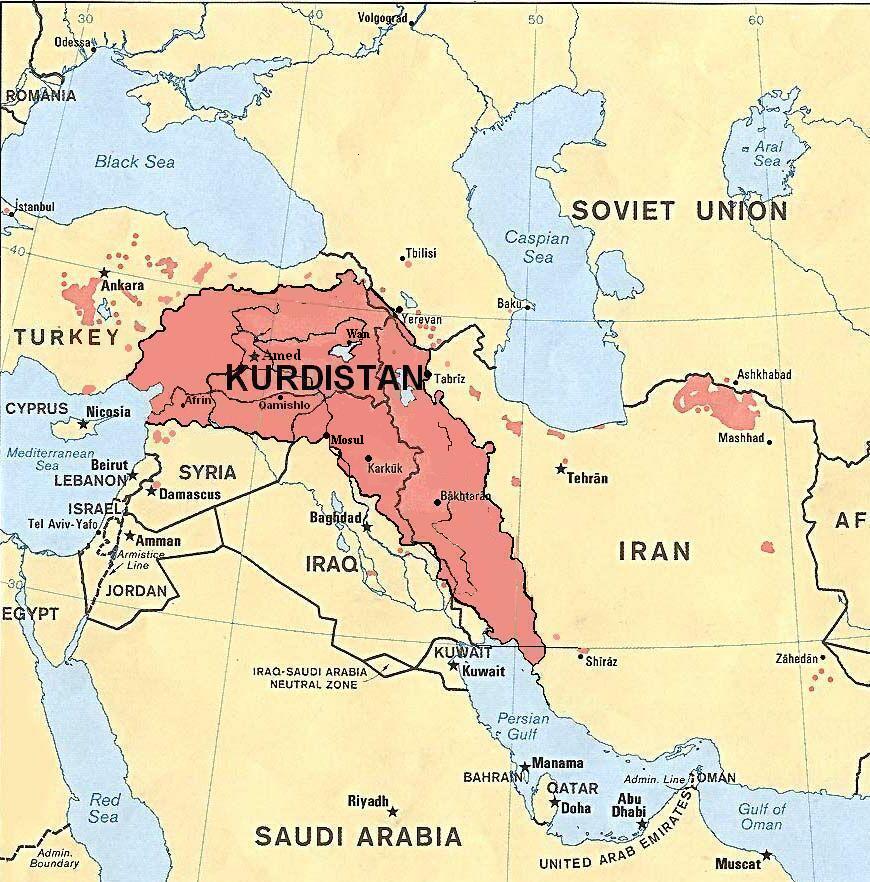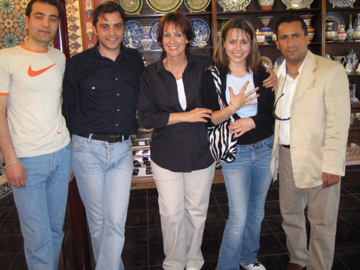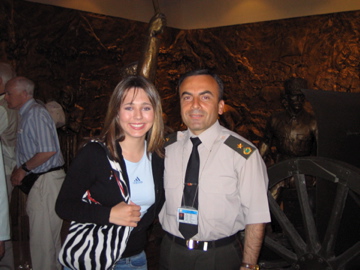(The title of this post was inspired by a WWII song: Praise the Lord and Pass the Ammunition)
WSJ has an article about a new artillery-shell factory in Texas, which is run by General Dynamics. The plant makes 155mm shells and is part of an effort to increase the US output of these items from 30,000/month to 100,000/month.
The plant is highly automated:
Walking past new hydraulic presses and orange robots handling semifinished artillery shells, U.S. Army Secretary Christine Wormuth had a question for a manufacturing company executive.
“Do the Russians have this technology?” Wormuth asked Ibrahim Kulekci, chief executive of the Turkish firm that designed and installed key machinery in the plant.
Kulekci said they wouldn’t get it from his firm. “Keep it that way,” Wormuth responded.
The Turkish firm, Repkon, supplies the heavy presses used to form the steel, which no US-based vendor could provide in the required time frame. I have no reason to doubt the sincerity of Mr Kulekci’s statement…but what if his government decides differently at some point? Even if we already have the presses here in the US, what if we need further expansion? How effectively can we continue to operate the existing presses if product support and spare parts from the vendor are cut off?
These are not imaginary issues. During the Gulf War, a Swiss company, Swatch AG, and its Micro Crystal division refused to send key components used in the bomb guidance equipment used on the JDAM missile–it’s not clear whether the company was acting on its own initiative or at the direction of the Swiss government. And in 1939, the French licensed the design of the Rolls-Royce Merlin engine (the engine that powered the Spitfire and Hurricane, among other airplane) and contracted with the Ford Motor Company to manufacture these engines.
But when war was declared on September 3 of that year, Henry Ford–who had strong neutrality and ‘antiwar’ beliefs–pulled the Ford equipment and people. No Merlins for you, Mr Frenchman!
I find it interesting that Secretary of the Army Wormuth asked about Russia rather than China, or about both. And speaking of China: the robots in the plant are made by a German company called Kuka…which has been owned (since 2016) by the Chinese appliance maker Midea. Again, what if Midea should decide, with a little encouragement from their government, that they aren’t interested in selling these robots to the US anymore, or indeed supporting the ones that they have already sold?
It may well be that General Dynamics management had no realistic alternative to these sourcing decisions given the time frames required. But the US has gotten itself into a situation where almost any sustained military operation can be significantly impeded by decisions of non-US countries and companies to cut off critical components required to make munitions, aircraft, or other key items.
I’m reminded of the UK’s shell crisis of 1915, which led to the appointment of David Lloyd George as Minister of Munitions, and, shortly thereafter, his election as Prime Minister, replacing Asquith.
We need serious action to improve defense supply chain resilience, and it needs to be focused on actual results, rather than just wildly handing out money for favored political constituencies. It strikes me that maybe Doug Burgum would be a good man to head up such an effort.
I’m also reminded of a Kipling poem:
Batteries Out of Ammunition
If any mourn us in the workshop, say
We died because the shift kept holiday

 Barzani
Barzani
